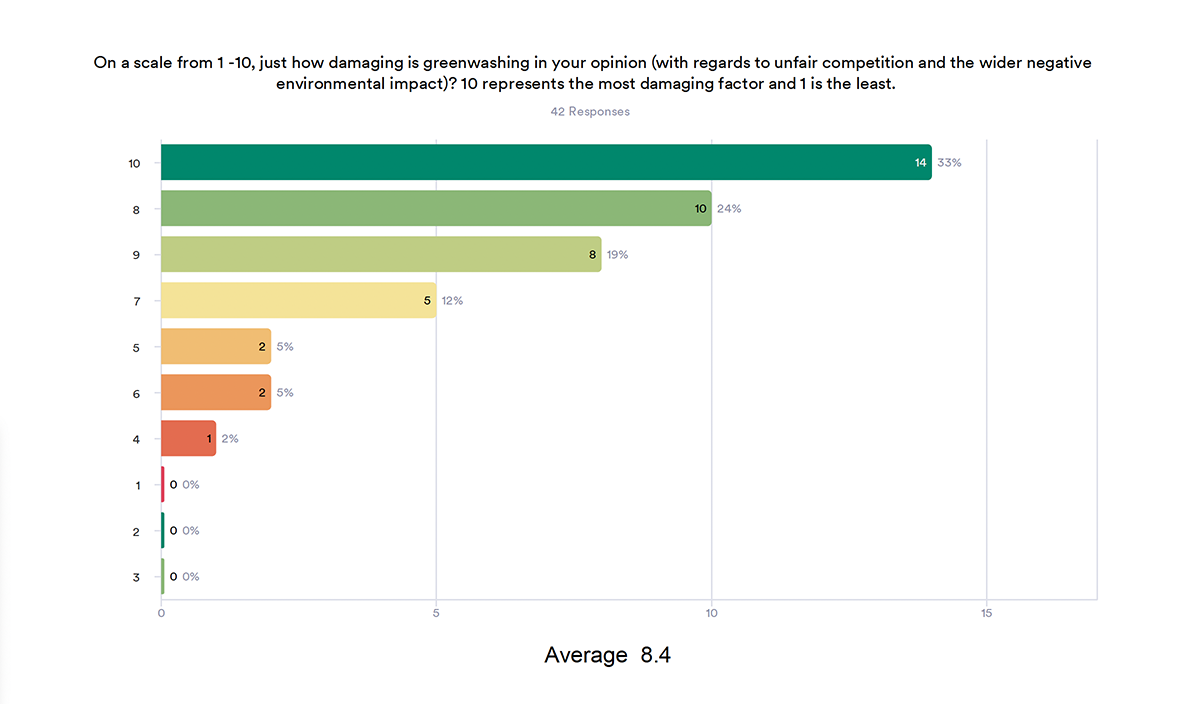BSF 2022 Survey
We have conducted our first survey in 2022 primarily to work out what tools and services will be best suited to promote sustainable practices in the shoe industry and provide the greatest benefits to brands.
The survey was completed by 42 shoe brands (out of 78 brands that initially showed willingness to participate and a total of 115 brands we approached) - all of which were identified to be highly committed to sustainability.
At the outset, we selected brands that built sustainable practices from the ground up, with the prospects of setting the bar as high as possible to ensure that everyone can benefit from the service, no matter what stage of the sustainability journey they are at. The idea was to identify tools or services that had already proved useful to brands championing sustainability, such that late adopters are likely to benefit even more from the same services.
The participants came from a wide range of company sizes, and at different stages of development (from start-ups to well established brands that produce over 500k pairs of shoes a year), based in various locations around the world, spanning five continents.
Key Findings:
All participating brands were interested in the sustainability tools and services we proposed – in spite of the fact that they have already built sustainable practices from the ground up. On average brands selected between 3 to 4 services out of 7 options – see below detailed insights.
The results strongly indicate the need for an extensive and reliable sustainability resource dedicated to footwear, which simply doesn’t exists.
The need for benchmarks. This will allow brands to self-evaluate whether they really are sustainable, rather than make claims based on assumptions. The survey shows that brands come up with their own sustainability strategy based on their own assumptions and insufficient (or questionable) data.
Implementing circular economy initiatives remains one of the greatest barriers to sustainable development. Other barriers include funding growth and sourcing related challenges for start-ups.
The need for collaboration and industry-wide cooperation. 55% of participating brands confirmed that they are interested to voluntarily participate in a consortium and contribute towards an industry-wide transformation, whereas 43% require further information before they decide. Only 1 brand (out of 42) declined to participate.
Selected insights:






